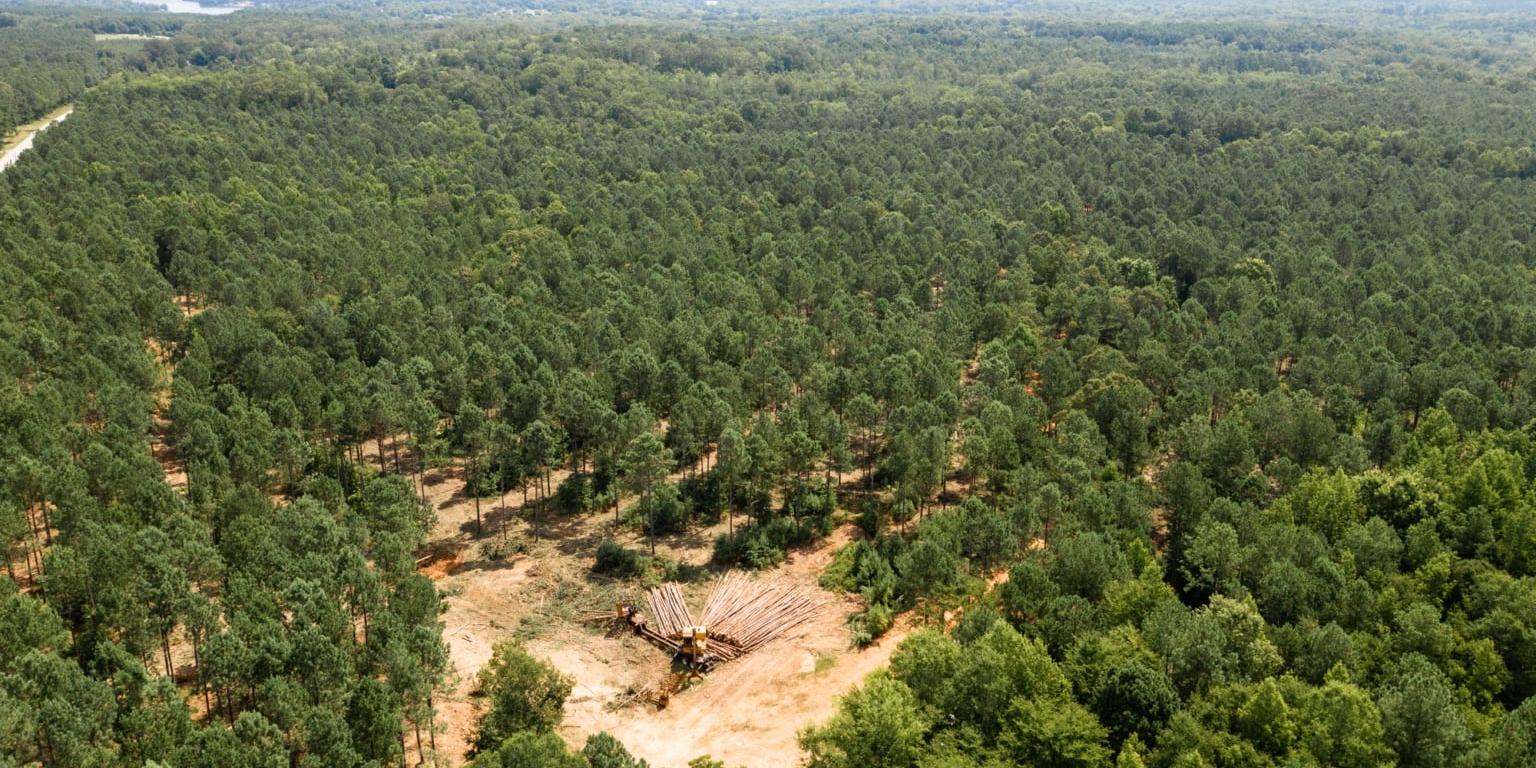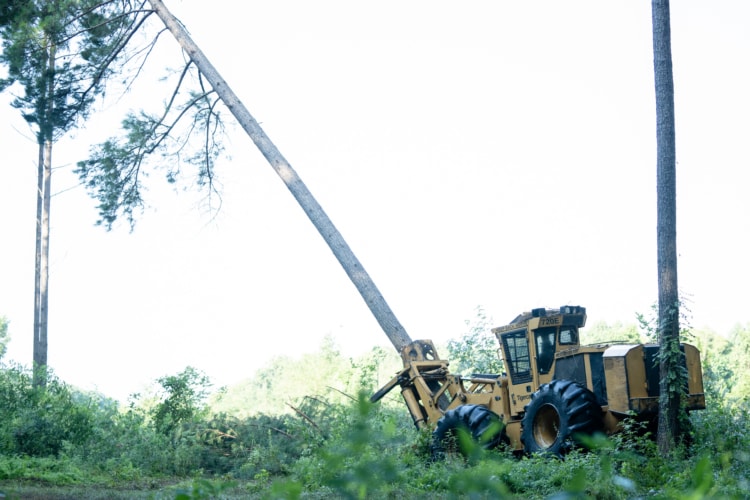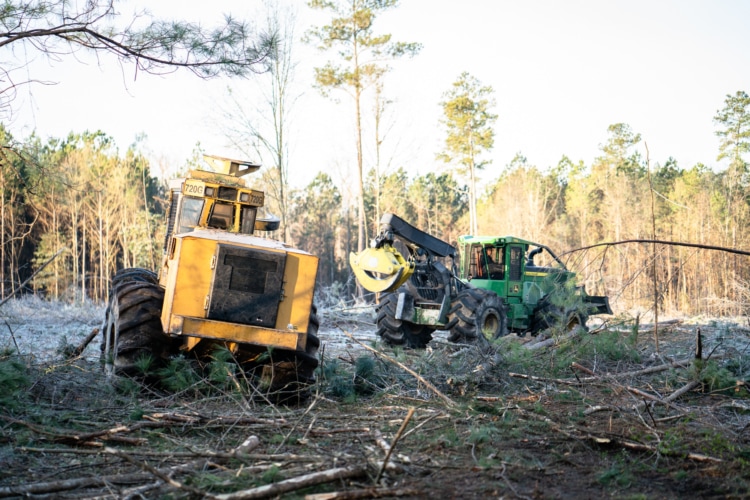There is so much misunderstanding about logging in the US and at the top of the list is its sustainability and environmental impact.
As for most of the world’s misunderstandings, it either comes from a lack of education and exposure or negative exposure misapplied (e.g., illegal logging of Amazon rainforest in Brazil is terrible so all logging must be terrible).
So let me tackle a number of environmental misunderstanding about logging and my thoughts on each
(1) Loggers are cutting down all of the trees
I call this “The Lorax Myth.”
The amounted of forested acres in the US has remained mostly unchanged since the early 1900s. How could this be possible with population growth, housing expansion and increased consumption? The fact is that strong demand for wood leads to more trees. When landowners have strong economic incentives to continue growing trees over other alternatives (build a mall, plant another crop), they will and they have.
How can we cut down so many trees and still increase forested acres in the US South? The short answer is trees are a renewable resource and when manages responsibly the growing cycle for a tree in the US South is among the fastest in the world. The key is strong timberland planning and management to ensure growth and removal cycles are sustainable. FSC is one monitor of this and we participate.
(2) Logging is making climate change worse
Forests are the largest carbon sink in the US. Many people wrongly thing that when you cut down a tree its carbon is instantaneously released into the atmosphere. In fact, different Harvested Wood Products (HWPs) release their carbon on different timelines. Biofuels and firewood are fairly instantaneous. However, lumber and utility poles will continue to store their carbon for decades (if you want to nerd out take a look at the detail behind this).
As the United Nations puts it, “HWPs contribute to mitigating climate change through (1) forming a storage pool of wood based carbon and (2) substituting environmentally damaging sources of material and energy such as fossil fuels….Changing the demand for wood products can consequently have an important role in the global carbon cycle and fight against climate change.”
In summary, there is probably still some carbon stored in the bones of your house built fifty years ago meanwhile another tree has been planted in its place to store more carbon, all while hopefully producing other wood products that can replace more harmful fossil fuels.
(3) Logging is unnatural, forests should be left to grow
If you haven’t read about Gifford Pinchot, please do. Pinchot grew up in a family of loggers and was also a deep lover of nature. He developed some of the first forest management practices and advocated for responsible, sustainable logging as a part of a healthy forest ecosystem.
There are many ecological benefits to logging, including the fact that important forest management activities are funded by it. But one benefit that most people know about is the prevention of forest fires. A clear cut harvest can effectively mimic a forest fire, without the mass destruction. And to the point above, forest fires in the West are the #1 source of carbon emissions, so what is good for society is also positive for climate.
(4) We need to recycle more and log less
Recycled fiber is incredibly important part of pulp and paper products and has increased as part of total fiber used over the past several decades. But pulp and paper cannot be recycled infinitely. Each time paper products are recycled the fibers shorten and weaken. In order for paper manufacturers to maintain the paper cycle, they have to use virgin fibers (from logging). It is also important to know that because recycled fibers are shorter and weaker than virgin fibers not all products can be made from them. While lightweight paper stock like newsprint might use 100% recycled content other paper products may not be able to use any.
(5) Loggers don’t care about the environment
This one I can only address with what I have seen first hand. The loggers I know live outside of urban areas, near the forests. They hunt, fish, hike, camp and enjoy the woods more than anyone I know. For many they found their way to logging because it allows them to make the woods into their office. A loggers livelihood depends on a healthy ecosystem where trees are sustainably planted and harvested – any different and their career would have an expiration date. Call it conservationism, call it environmentalism, call it whatever you want – loggers care about forests more than anyone I know.




